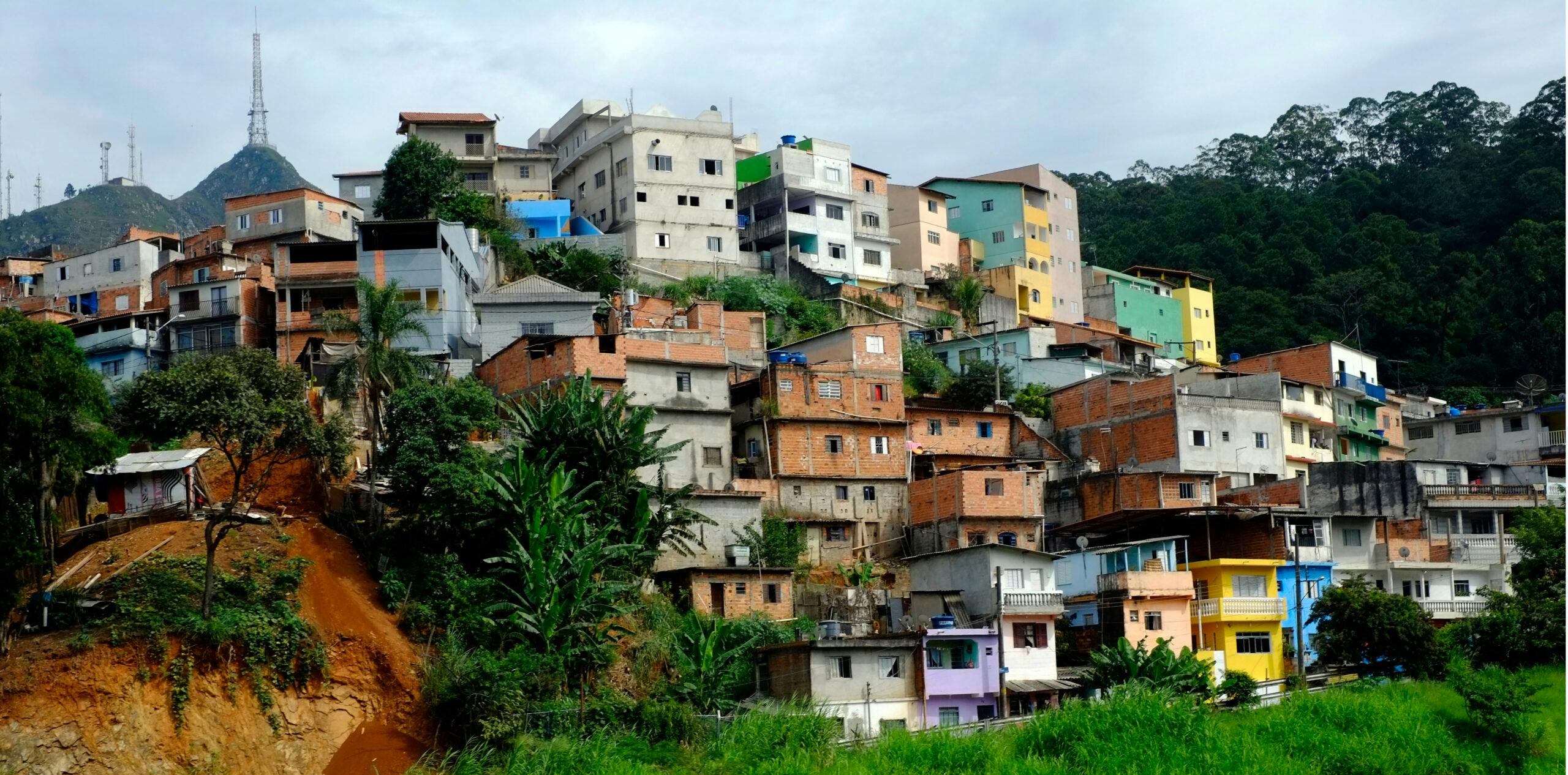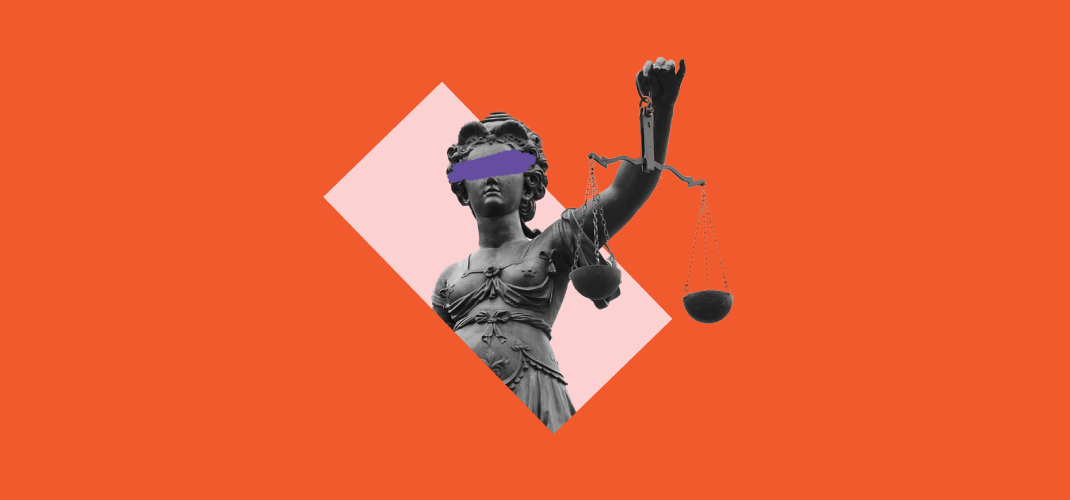
KondZilla: from São Paulo’s favelas to Latin America’s largest music channel

KondZilla is one of most well-known content creators in Brazil, and wider Latin American media. What inspired this creativity, and what’s next for the filmmaker?
“Born in favelas, you’re told it’s impossible to reach your targets because you don’t have money and can’t speak English,” said KondZilla, filmmaker and founder of Canal KondZilla. But since it was launched in 2011, the production company has reached some impressive heights:
- It is the biggest music channel in Latin America, with 36.5 billion total video views.
- It created the first — and second — Brazilian video to hit 1 billion views on YouTube.
- It produced the third-most watched non-English TV series in the world, Sintonia.
Scarcely believable success for a kid from São Paulo’s favelas, who was told it was impossible to reach any targets.
From music to TV to short videos, KondZilla is a byword for media resonating with Latin American youth culture. The digital content is a mix of music videos from Brazil’s hottest acts, interviews with prominent creatives, and documentary series exploring national subcultures of music, such as The Beat Diaspora. Meanwhile, the prominent Netflix show Sintonia delves into KondZilla’s own youth experiences in a crime teen drama series following the intersection of music, drug trafficking and religion in a neighborhood of São Paulo.
KondZilla has aspirations for more, using Web Summit 2022 to lay out plans for expanding the channel’s range of content to target new audiences such as the LGBTQ+ community and the 50-plus age group with digital content, narrative and documentary.
“I have two targets: exploring how we created KondZilla to see how we can reach new communities … and I want to expand into education. Education changed my life,” said KondZilla.
The Brazilian creator started this move towards education-focused content by partnering with UNICEF in 2020 to create the KondZilla Portal, a series of videos geared towards informing young people living in the favelas about the health concerns around Covid-19. This was followed by the launch of the KondZilla Institute, a non-profit charged with creating social education and training programs for impacted youth in favelas around the country.
“They say in the favela everyone wants to be a singer or a soccer player. But there’s a lot of talent outside of singing and football.”
– KondZilla
KondZilla elaborated on how growing up in São Paulo’s favelas drove an innate creativity: “They say in the favela everyone wants to be a singer or a soccer player. But there’s a lot of talent outside of singing and football … I would like to amplify these voices, because no one gives voices to these people.”
With Canal KondZilla boasting 66.3 million YouTube subscribers – equivalent to around 30 percent of Brazil’s population – those voices will have one hell of a platform.
Want to learn more about what awaits at Web Summit Rio? Join our newsletter today to stay updated!
Main image of a Brazilian favela: casa.da.photo/Shutterstock


